
Hurriyet Daily- 28.112016- Contributor- Turgut Kerem Tuncel-
As all the attention is focused on Syria and Iraq, Turkey-EU relations, and the Turkey-Russia accord, some recent developments that bear importance for Turkish foreign policy are being overlooked. As to that, we shall point out the three resolutions in South America and a vote at a municipality council in Europe on 1915 events. The attempts to effectuate resolutions that identify 1915 events as ‘Armenian genocide’ at different legislative bodies have been boosted by different lobbies for quite a long time. The aforementioned resolutions and the vote, however, seem to be the very first instances of the reversal of this unconstructive conduct.
On November 24th, the municipality council of Malaga in Spain voted for a resolution that was approved earlier by one of its sub-commissions to nullify an earlier resolution on ‘Armenian genocide’ passed on September 29th. The new resolution was declined with 13 to 18 votes. Hence, the earlier resolution remained valid only by three votes out of 31 votes. In South America, as well, three similar resolutions to invalidate earlier ‘Armenian genocide’ resolutions were voted this year. In February and May 2016, the assemblies of two states in Brazil, Amazonas and Espirito Santo, respectively, revoked their previous resolutions on ‘Armenian genocide.’ On October 20th, the Andean Parliament, the legislative assembly of the Andean Community composed of Bolivia, Chile, Colombia, Ecuador, and Peru, passed a resolution that invalidates a former resolution on ‘Armenian genocide’ that was passed on September 17th.
Overall, we have three cases and one attempt of invalidation of resolutions on 1915 events adopted by different legislative bodies. Although it did not result in a modification, the vote at Malaga municipality council has been the first attempt in the European setting to cancel a former ‘Armenian genocide’ resolution. The Amazonas and Espirito Santo examples in Brazil are cases of annulment at the state level. Andean Parliament’s resolution has been an important turning point for being the first resolution of an international organization that invalidates a previous resolution on 1915 events.
Besides the significance of these cases that perhaps indicate the reversal of a tide, the content and considerations of these resolutions and counter-resolutions also reveal several crucial points. For example, the September 29th resolution of the Malaga municipality council that partially states “from 1915 to 1921 a series of massacres and deportations of Armenian population took place…as result of which 1.5 million Armenians were killed and another 2 million have to leave their homes…” is striking for demonstrating the lack of knowledge of the legislative organs that pass resolutions on 1915 events. Whereas the year 1921 does not bear any significance as regards to the 1915 events, the claim that 3.5 million Armenians were effected by these events is simply absurd. There are different records showing different numbers as regards to the Armenian population in the Ottoman Empire, yet the largest number that can be found in these records is around two million. This is one of the indications that councils or parliaments are not qualified to make claims on historical events.
The Andean Parliament resolution on October 20th rightly states that, as a legislative organ, it has no mandate to make judgements on the events that are not recognized by relevant international juridical authorities, and which lead to polarization between third countries. As anyone who has even a slightest insight about the Turkish society would confirm that third-party resolutions on 1915 events, which often include statements on the wish for friendly relations between Turkey and Armenia, result in the deepening of the siege mentality in Turkish society, which, by no means, helps reconciliation efforts. The Andean Parliament proves that the world is coming to understand this very basic sociological fact. What is more important, however, is the Andean Parliament’s emphasis on competent courts as the only authority that can make a judgement on the legal character of the 1915 events. This is a basic principle that has been overlooked for a long time. It is necessary to underline that genocide is not a historical, sociological, or political term, but a legal term very narrowly defined by the 1948 UN Genocide Convention.
To conclude, the recent resolutions in South America and the vote in Spain are developments that hint at the correction of a wrong and unconstructive approach as regards to the resolution of a century-old conflict. At this point, third-parties should refrain from uninformed and irresponsible interferences, and Turks and Armenians should engage in constructive dialogue without repeating old mistakes.
© 2009-2025 Avrasya İncelemeleri Merkezi (AVİM) Tüm Hakları Saklıdır
Henüz Yorum Yapılmamış.
-
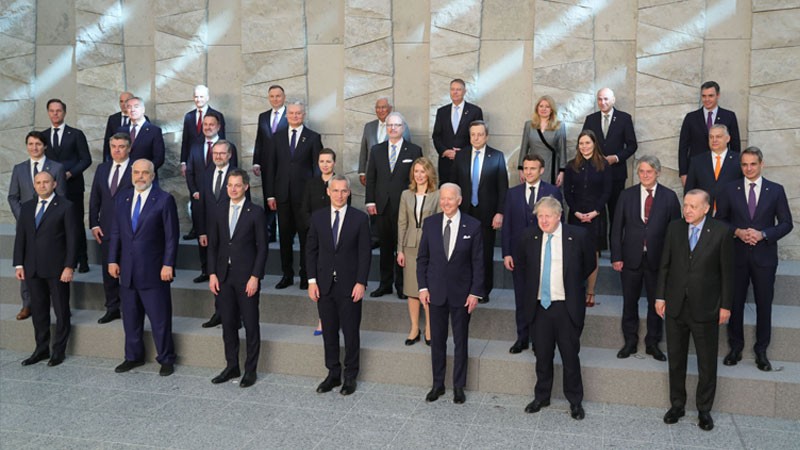 NATO GERÇEK HEDEFİNİ HAZİRANDA AÇIKLAR - ANAYURT GAZETESİ - 30.03.2022
NATO GERÇEK HEDEFİNİ HAZİRANDA AÇIKLAR - ANAYURT GAZETESİ - 30.03.2022
Turgut Kerem TUNCEL 31.03.2022 -
 LAVROV’UN ERİVAN’DAKİ AÇIKLAMALARI TÜRKİYE-RUSYA İLİŞKİLERİNİN GELECEĞİNE İŞARET EDİYOR (ÖZEL)
LAVROV’UN ERİVAN’DAKİ AÇIKLAMALARI TÜRKİYE-RUSYA İLİŞKİLERİNİN GELECEĞİNE İŞARET EDİYOR (ÖZEL)
Turgut Kerem TUNCEL 18.10.2016 -
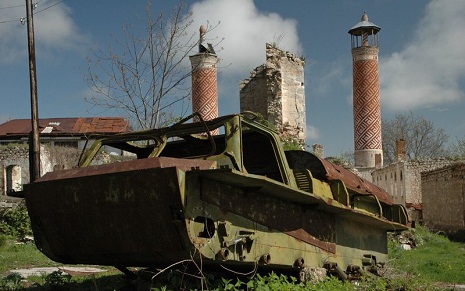 KARABAĞ’DAKİ ULUSLARARASI HUKUK İHLALLERİ (Çeviri)
KARABAĞ’DAKİ ULUSLARARASI HUKUK İHLALLERİ (Çeviri)
Turgut Kerem TUNCEL 22.10.2016 -
 PUTIN: THE LEADER THAT FITS RUSSIAN AMBITIONS - HÜRRİYET DAILY NEWS - 23.03.2018
PUTIN: THE LEADER THAT FITS RUSSIAN AMBITIONS - HÜRRİYET DAILY NEWS - 23.03.2018
Turgut Kerem TUNCEL 23.03.2018 -
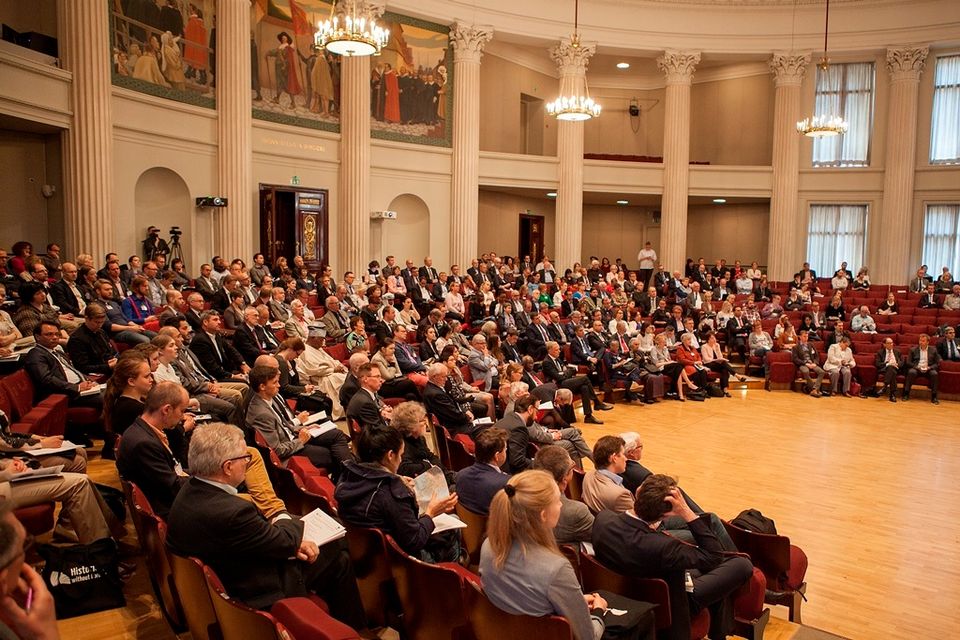 SEARCHING FOR THE RIGHT APPROACH TO SOLVE THE TURKISH-ARMENIAN CONTROVERSY
SEARCHING FOR THE RIGHT APPROACH TO SOLVE THE TURKISH-ARMENIAN CONTROVERSY
Turgut Kerem TUNCEL 15.02.2017
-
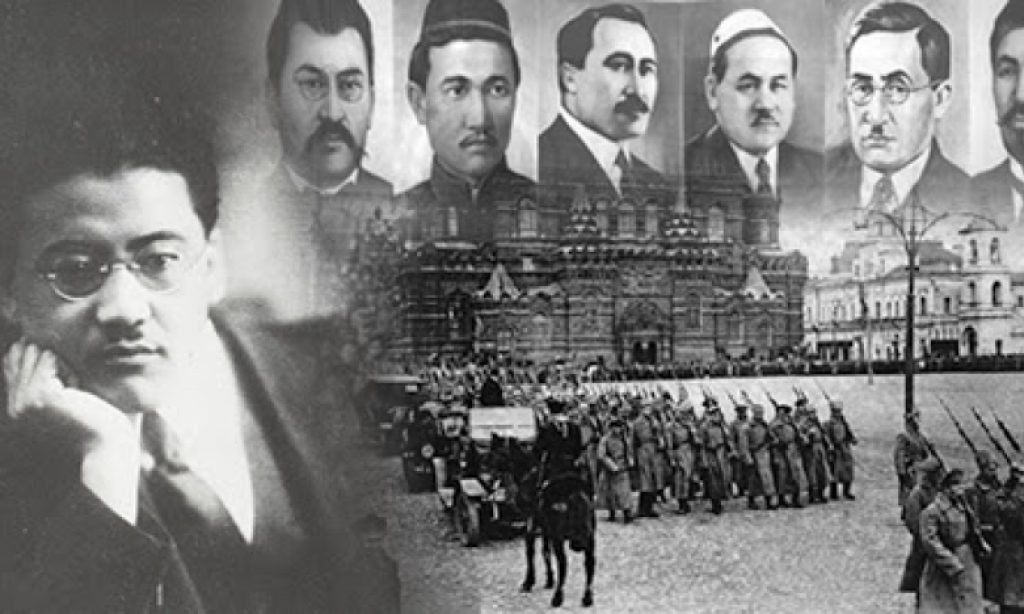 31 MAYIS’TA KAZAKİSTAN’I ANLAMAK - 14.06.2021
31 MAYIS’TA KAZAKİSTAN’I ANLAMAK - 14.06.2021
Alparslan ÖZKAN 14.06.2021 -
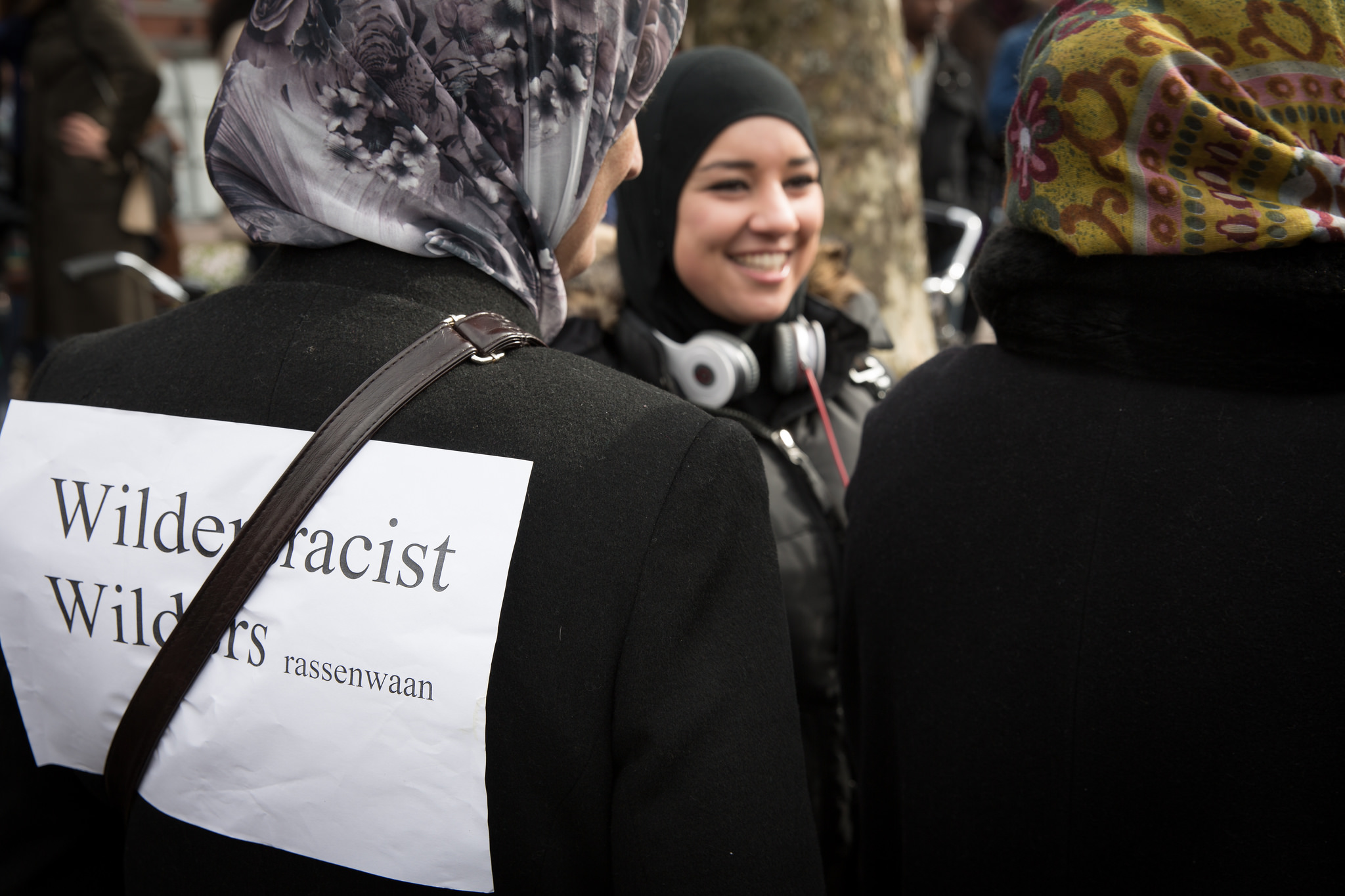 WHY EUROPE'S ANTI-RACISM STRATEGY FAILS TO DELIVER - EU OBSERVER - 20.01.2026
WHY EUROPE'S ANTI-RACISM STRATEGY FAILS TO DELIVER - EU OBSERVER - 20.01.2026
Julie PASCOET 21.01.2026 -
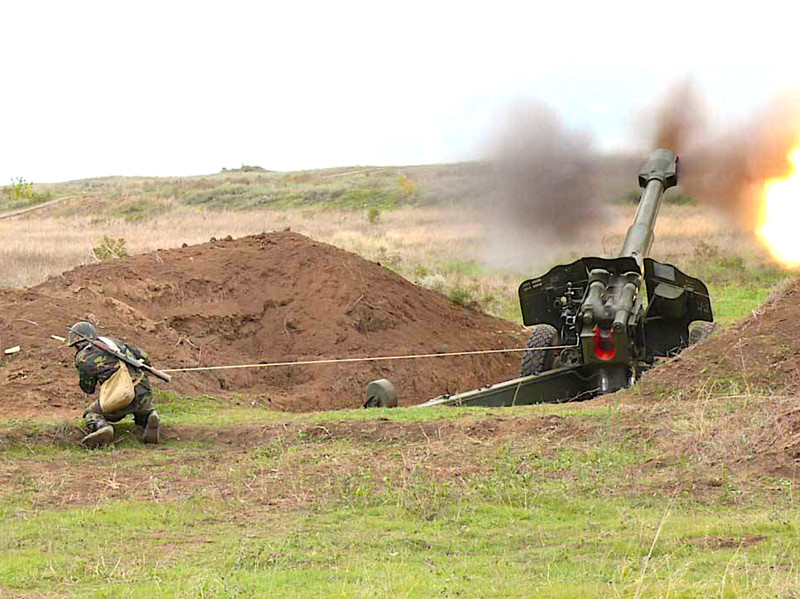 THE EU'S ARMENIA MISSION NEEDS A HOLISTIC RETHINK - EU OBSERVER - 17.04.2023
THE EU'S ARMENIA MISSION NEEDS A HOLISTIC RETHINK - EU OBSERVER - 17.04.2023
Maurizio GERI 18.04.2023 -
SLOVENYA’DAN HIRVATİSTAN'IN AB ÜYELİĞİNE YENİ ENGEL
Erhan TÜRBEDAR 24.07.2012 -
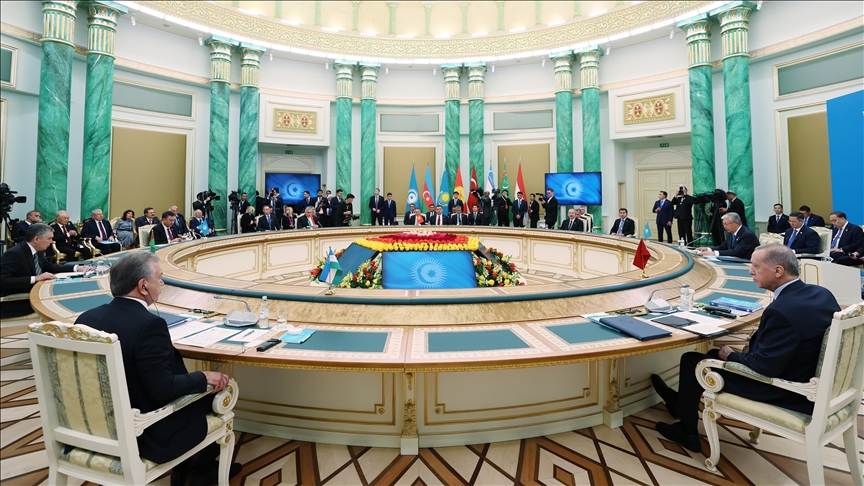 THE TENTH SUMMIT OF THE ORGANIZATION OF TURKIC STATES (OTS) - 08.12.2023
THE TENTH SUMMIT OF THE ORGANIZATION OF TURKIC STATES (OTS) - 08.12.2023
Deniz ÜNVER 08.12.2023


